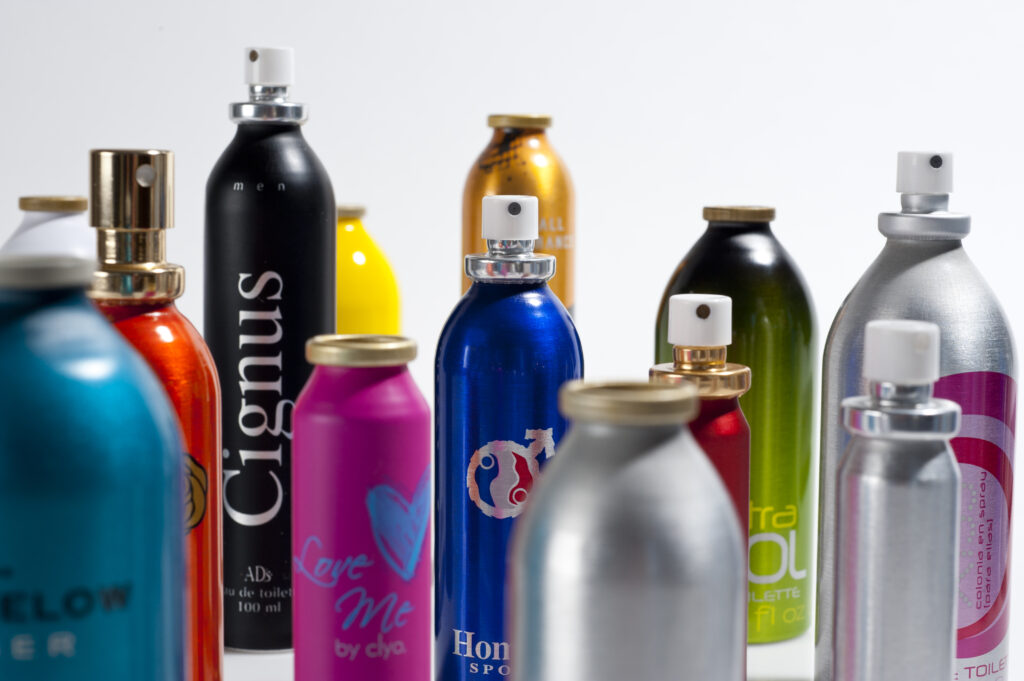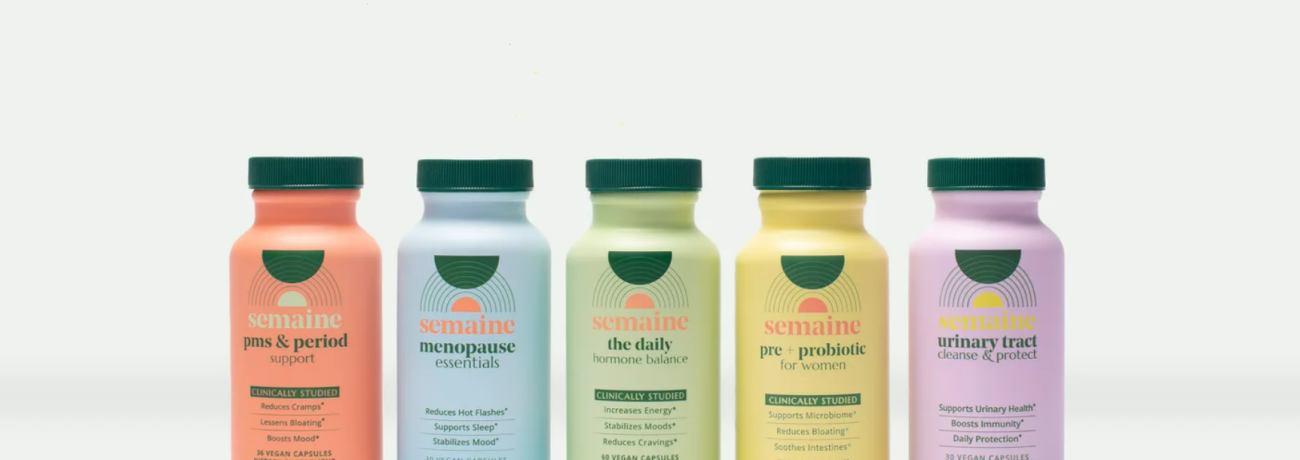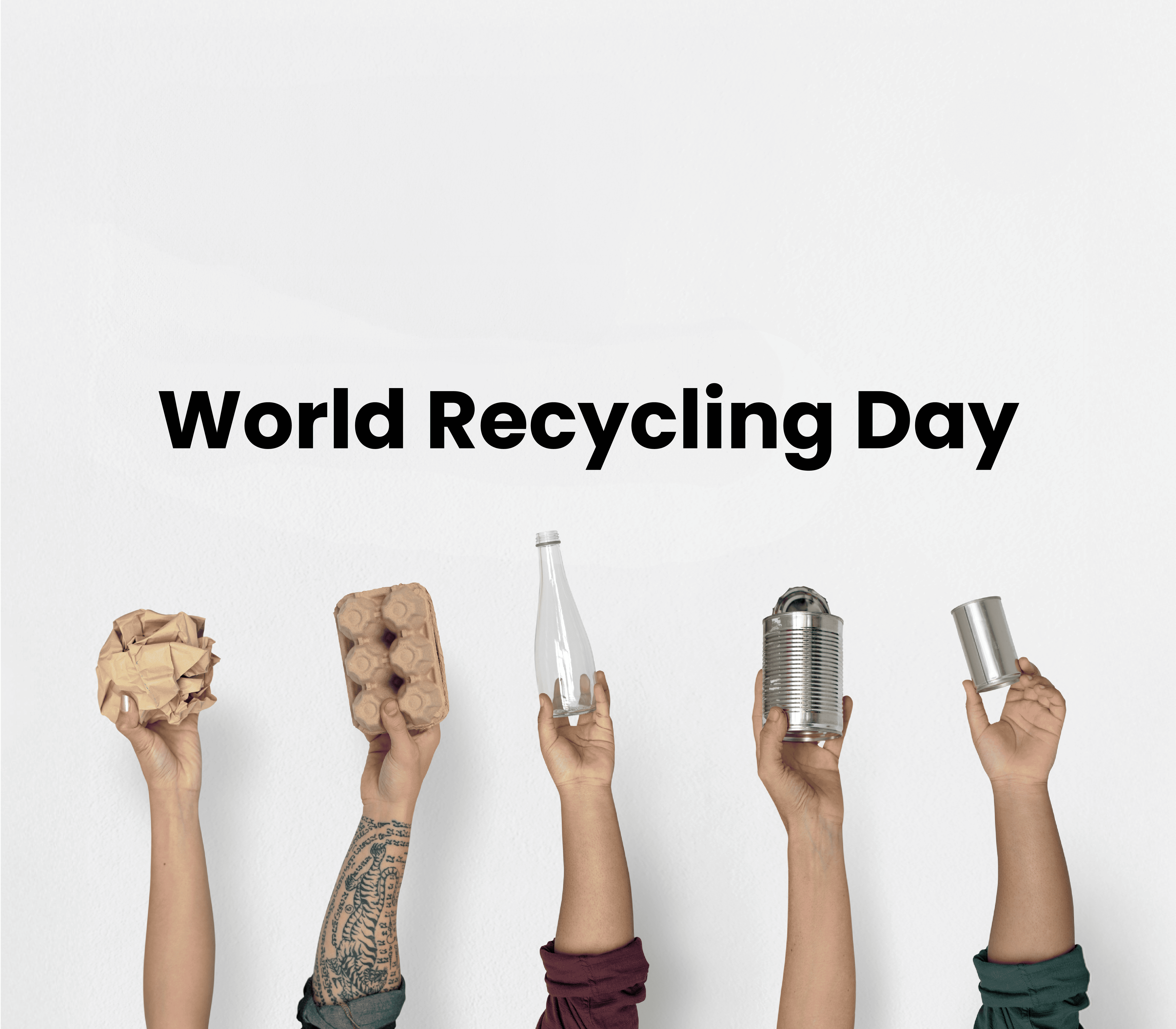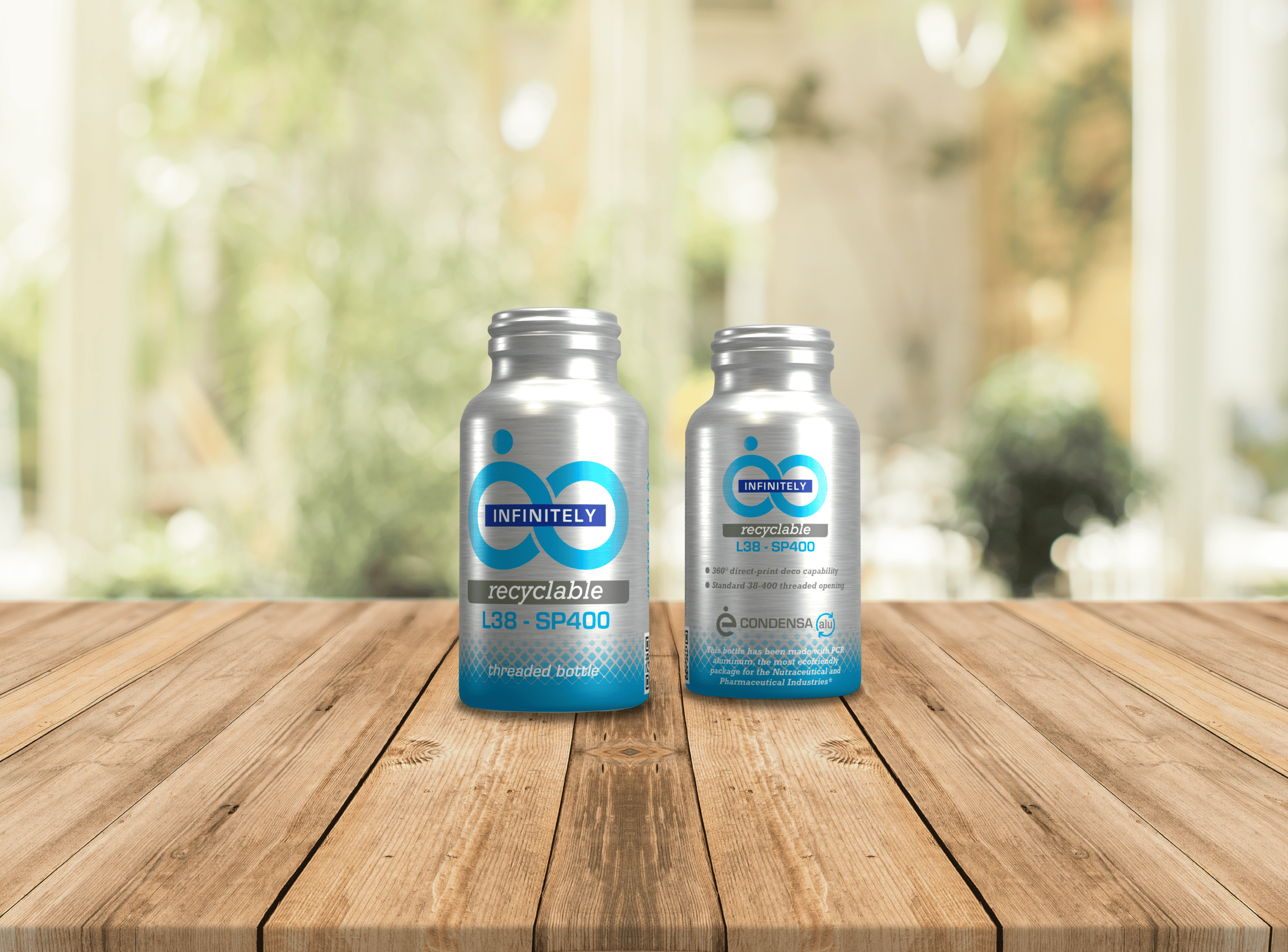In a world where sustainability has become an urgent priority, companies are taking significant steps to reduce their environmental impact in all areas of their operations. One trend that is gaining momentum and transforming the industry is the increasing use of aluminum packaging instead of plastic. This shift is not only revolutionizing the way products are packaged, but is also significantly improving the consumer experience and elevating the status of the brands that adopt it.
Aluminum has become a true symbol of sustainability in the packaging industry. Unlike plastic, aluminum is highly recyclable and can be reused indefinitely without losing quality. This property makes it a much more environmentally friendly option, drastically reducing the amount of plastic waste that ends up in landfills or in our oceans. In addition, the aluminum recycling process requires less energy compared to the production of virgin aluminum, which means that its recycling also has a lower environmental impact.
But aluminum not only offers environmental benefits, it is also transforming the way products look and feel in the marketplace. Its metallic sheen adds a touch of elegance and luxury to everything from soft drink cans to cosmetics packaging. This premium look not only attracts consumer attention, but also communicates a sense of quality and prestige that can influence purchasing decisions. For example, brands such as Coca-Cola and PepsiCo have moved many of their bottled beverages to aluminum cans, which not only reduces their environmental impact, but also adds a touch of freshness and modernity to their products.
In addition to its visual impact, aluminum enhances the consumer’s tactile experience. Its smooth, cool texture creates a sensory connection that can be incredibly persuasive. By holding an aluminum can or aluminum container in their hand, consumers can experience a sense of quality and durability that increases their perception of the product’s value. Brands such as L’Oréal and Dove have begun using aluminum packaging for some of their personal care products, offering consumers a more rewarding, high-quality tactile experience.
Companies are adopting aluminum packaging for a variety of reasons, sustainability being chief among them. With growing awareness of the environmental impact of plastic packaging, companies are looking for more eco-friendly alternatives. Aluminum offers an attractive solution, as it is highly recyclable and can be reused over and over again without losing quality. In addition, the aluminum recycling process requires less energy compared to the production of virgin aluminum, which further reduces its environmental impact. In addition to its ecological benefits, aluminum also offers superior protective properties, maintaining product freshness and quality for longer. This combination of sustainability and functionality makes aluminum an attractive and strategic choice for companies looking to enhance their brand image and meet the expectations of environmentally conscious consumers.

Aluminum is changing the way we look at product packaging. More than just an alternative to plastic, aluminum represents an opportunity for companies to enhance their brand image, differentiate themselves in the marketplace and deliver a superior product experience for their customers. By embracing aluminum as a sustainable packaging option, companies are not only doing the right thing for the planet, they are also creating significant value for their brands and their customers. It’s a glitter that dazzles, a reflection of a brighter, more sustainable future for everyone.





